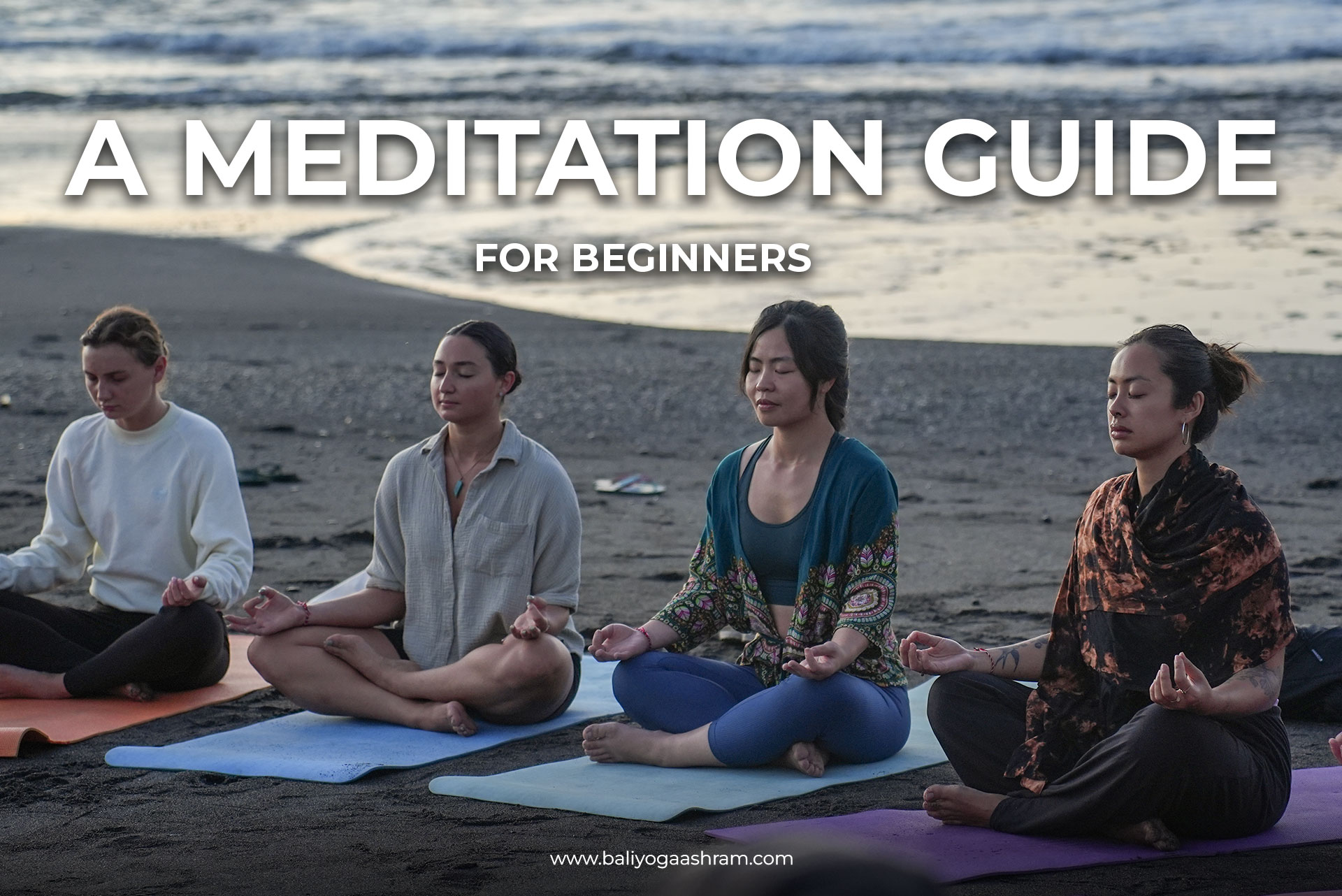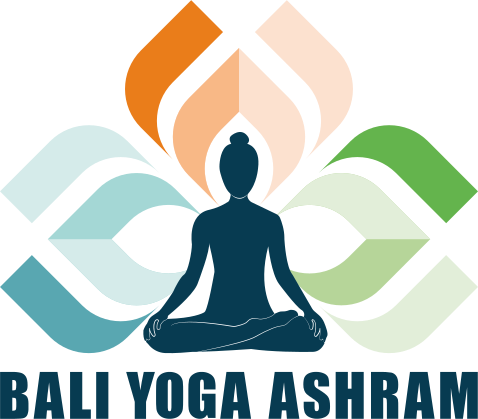
A meditation guide for beginners is the very first step toward finding calm in today’s world where everyone is very busy and stressful. Generally, people ask questions like, “What is meditation?” or “How to meditate for beginners?” The answer is very simple—meditation is the gentle yogic practice of focusing your mind, slowing down your thoughts, calming your breath, as well as connecting with peace inside yourself. You do not need any special tools or any difficult techniques to begin your practice. All you need is a quiet space, a few minutes of your time, as well as the willingness to sit still and be present. This meditation guide for beginners will introduce you to easy ways to start, even if you have never tried meditation before. Whether you are looking for meditation for stress and anxiety, meditation for anxiety and depression, or a deep sleep meditation before going to bed, meditation has something to offer everyone. It teaches you how to relax your body, clear your mind, and build a stronger sense of inner balance. Just like yoga, meditation is not about reaching a goal quickly—it is a lifelong journey. And this guide will help you take those very first steps with confidence and clarity.
What Is Meditation?
Meditation is actually a gentle practice in which you sit quietly, focus on your breath, an object, or even a sound, and make your busy thoughts settle down slowly. It is like giving your mind a break from the noise of the outside world. The meditation basics pay attention to three simple things—awareness, stillness, and regular practice. Awareness means paying attention to what is happening in your mind and body. Stillness means creating a calm space in which your body and breath can relax as well as regular practice means doing it daily, even if only for a few minutes. The beginners might wonder how many kinds of meditation there are as well as what are the differences between them such as, what is transcendental meditation or what is mindfulness meditation? The difference between them is very simple. Transcendental meditation uses a mantra, which is a special word or sound that you need to repeat quietly to focus the mind. It helps you go deeper into calmness. On the other hand, mindfulness meditation for beginners means paying attention to your thoughts, feelings, as well as breath without judgment. Instead of fighting your thoughts while meditating, you just notice them and gently return your focus to the present moment. Both meditation types are effective, and you can choose whichever feels comfortable for you. With time, meditation becomes a tool for peace, clarity, as well as balance in everyday life.
Why Beginners Should Meditate
When you start following a meditation guide for beginners, you take the first steps toward a healthier as well as calmer lifestyle. Meditation brings about huge benefits such as better sleep, less stress, as well as sharper mental focus. Research shows that meditation for anxiety and depression helps in reducing negative emotions as well as gives a sense of stability and peace to our mind. You can start your meditation practice with a very simple routine such as a 5-minute meditation in the morning or a 10-minute meditation in the evening. These short sessions of meditation have the potential to train your mind to slow down as well as create space for positive thoughts. Over time, meditation strengthens your ability to focus, improves emotional control, as well as helps in daily decision-making. Slowly, meditation for stress relief becomes a part of your natural daily routine, giving you balance and strength to face everyday challenges very easily.
Benefits Of Meditation
- Stress and Anxiety Relief
Meditation works like a pause button. It slows down the continuous chatter going on in your mind as well as soothes your body’s stress response. If you follow a steady and gentle practice of meditation, you’ll notice your worries lose their sharp edge, and you start feeling calmer and lighter inside. - Sharper Focus and Attention
Our minds wander from one thought to another thought. Meditation brings them back, again and again, to the present moment. This simple habit of meditation trains your brain to concentrate effectively—whether it’s finishing a project at work, studying for exams, or even listening deeply in conversations. - Restful, Restorative Sleep
Guided practices such as sleep meditation help you the most if you struggle to switch off at night. They relax the body, calm the racing thoughts, as well as create the right conditions for deep, refreshing rest. Over time, you start falling asleep faster as well as waking up with high energy. - Emotional Stability
Meditation gives you the ability to pause and respond with clarity instead of reacting quickly with anger or sadness. This shift develops inner steadiness, reduces mood swings, as well as helps you understand yourself on a deeper level. Little by little, you start carrying a sense of peace wherever you go. - Overall Health Benefits
The ripple effects of meditation go ahead of the mind. It helps in maintaining a healthy blood pressure, strengthening immunity, as well as keeping the body resilient. With less stress, your mental as well as physical well-being starts getting better.
Types of Meditation for Beginners
There are a big number of meditation types, however, as we are talking about meditation for beginners in this blog so let us discuss the main types of meditation for beginners:
- Mindfulness Meditation
Mindfulness meditation is about being fully present in the moment. In this type of meditation you need to focus your breath, thoughts, as well as feelings without trying to control them. It reduces stress and makes you aware of your daily life.
- Guided Meditation
In guided meditation, a teacher, app, or recording of meditation gives you step by step instructions for the practice. This is a very helpful practice for beginners because you don’t have to figure out what to do on your own. It gives you the ability to focus as well as relax at the same time.
- Body Scan Meditation
This practice develops awareness in each part of your body, from head to toe. Body scan meditation releases hidden tension, calms the nervous system, as well as gives deep relaxation. Perfect for those who feel stressed or restless.
- Mantra Meditation
Here, you repeat a word, sound, or phrase such as Om or Peace. The rhythm of the mantra keeps your mind steady as well as prevents distractions. It is a calming and energizing type of meditation.
- Loving-Kindness (Metta) Meditation
In this type, you send love and kindness to yourself first, and then to others. Over time, it reduces anger, heals relationships, as well as increases compassion. It fills your heart with warmth and positivity.
- Breath Awareness Meditation
This is the simplest form in which you only need to focus on your breathing. Each inhale and exhale becomes your anchor. It is a highly suitable type to begin meditation as it instantly calms the mind.
- Visualization Meditation
In the Visualization Meditation, you need to imagine peaceful scenes such as a sunrise, a forest, or flowing water. Visualization reduces anxiety, improves focus, as well as gives you a sense of joy and lightness.
- Walking Meditation
Walking meditation is a good choice if sitting still feels difficult . You walk slowly, notice each step, your breath, as well as the world around you. It turns movement into mindfulness.
Meditation for Anxiety and Stress
For removing anxiety and stress, guided meditations are very good such as guided meditation for anxiety and overthinking, mindfulness meditation for anxiety etc. However, you can also try calm meditation or mindfulness stress reduction to lower stress levels.
Sleep Meditation Practices
Many people turn to sleep meditation, guided sleep meditation, as well as bedtime meditation because they are easy practices for better rest. Even a short five minute meditation before bed can bring peace and good rest.
Daily Practice for Beginners
Learning how to meditate for beginners doesn’t need to be difficult. Begin your practice with five minute meditation in the morning or evening. Find a quiet space, sit comfortably, and close your eyes. Focus on your breath, count slowly, or repeat a calming word. Over time, you can extend your practice to 10-minute meditation or more. The key is consistency.
With this meditation guide for beginners, you now have the tools and knowledge to start your meditation journey. Whether you practice guided sleep meditation, meditation for stress and anxiety, or a simple 5-minute meditation, you are giving yourself the gift of peace. Many practitioners even combine their meditation journey with deeper learning experiences such as Yoga Teacher Training Bali. In this course they not only practice but also understand the philosophy behind it. Remember, meditation is not about stopping thoughts but learning to live calmly with them. Practice daily, be patient with yourself, and soon you will discover that meditation brings balance to your body, mind, and soul.
Meditation is a practice in yoga that calms your mind, helps you in focusing on your breath, as well as becoming aware of the present moment. This practice reduces stress and gives mental clarity.
Beginners can start their meditation by sitting in a quiet space for 5–10 minutes and closing their eyes, focusing on their breath, as well as letting thoughts come and go without judgment. Using guided meditation is helpful for beginners.
The meditation practices help slow down the racing thoughts as well as relax your body. So they are very beneficial for anxiety. The practices such as guided meditation for anxiety, mindfulness meditation for anxiety, and calm meditation are very effective in reducing anxiety.
Yes, sleep meditation, guided sleep meditation, as well as deep sleep meditation are very powerful types of meditation which help with sleep. Practicing them regularly helps release tension, calm the mind, as well as prepare the body for a good and restful sleep.
A beginner practitioner can start with 5-minute meditation sessions. Over time, he or she can increase to 10 minutes practice or more. Regular practice proves to be the key for meditation even if it’s just for a short time each day.

